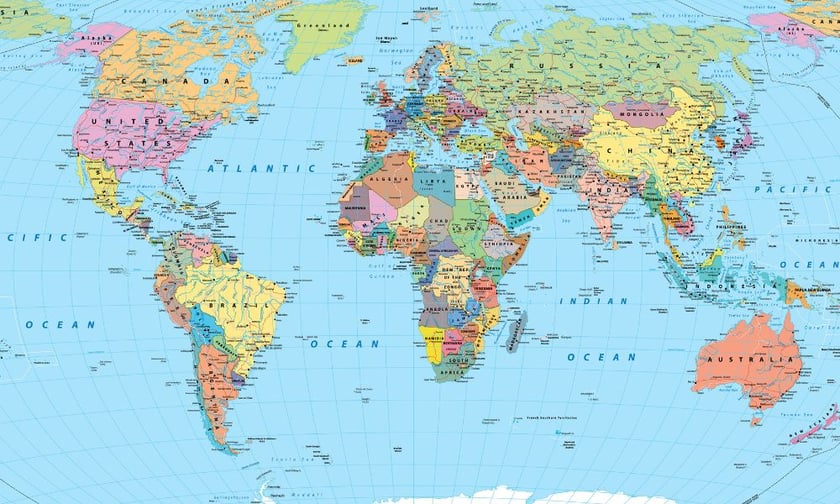

John Lonsdale, chair of the Australian Prudential Regulation Authority (APRA), has used a recent address to the European Australian Business Council to outline how the regulator is responding to global uncertainties.
His remarks included plans for APRA’s first system-wide financial stress test in 2024 and highlighted the growing influence of geopolitical risks on Australia’s financial stability.
The system-wide stress test, Lonsdale explained, marks a significant step in APRA’s strategy to evaluate how risks spread between key sectors like insurance, banking, and superannuation. It will simulate severe but plausible scenarios to assess vulnerabilities and enhance resilience across the financial system. Stakeholders are being consulted to refine the test’s structure and focus.
Lonsdale said that Australia’s economy is deeply interconnected with global markets through trade, investment, and digital services, which exposes it to external shocks.
Key risks identified include international trade disputes, regional conflicts in the Asia Pacific, and increasing reliance on global technology providers, which can heighten cybersecurity vulnerabilities.
Lonsdale said the country’s financial system and economy rely heavily on international linkages, despite its geographic isolation.
He added that disruptions to supply chains, fluctuating commodity prices, and geopolitical volatility pose significant challenges to regulated entities such as insurers and banks.
“Exports still account for around a quarter of Australia’s GDP and 3 million jobs while our financial system relies on access to international markets for access to capital, funding, reinsurance and investment opportunities,” he said.
In response to these concerns, APRA has established a dedicated geopolitical risk team. This group collaborates with other agencies in the Council of Financial Regulators (CFR) to identify and monitor potential risks stemming from international developments.
The focus includes areas such as credit, liquidity, and operational risks, as well as broader economic impacts on Australian institutions.
Lonsdale highlighted lessons from the Russia-Ukraine conflict, which drove global inflation and prompted significant monetary policy changes in Australia. Rising inflation and higher interest rates have increased credit risk for banks, while compliance with sanctions has created operational complexities for businesses.
The fragmentation of global economic systems, including reduced support for free trade agreements and a rise in trade restrictions, was also emphasised as a growing source of risk.
These trends, coupled with persistent geopolitical tensions, are placing financial regulators worldwide on alert, Lonsdale said.
Lonsdale said APRA continues to prioritise operational resilience, particularly in a digitally interconnected economy.
A new prudential standard on operational risk management (CPS 230) aims to help institutions better manage disruptions to critical services.
Additionally, a review of governance standards is underway to ensure financial institutions’ boards are prepared to address complex challenges.
See LinkedIn post here.
While the financial system faces numerous risks, Lonsdale expressed confidence in its ability to withstand shocks.
Comprehensive reinsurance coverage in the insurance sector, strong capital reserves in banks, and reforms to the superannuation industry have enhanced stability.
“We might not be able to prevent uncertainty, but we can be certain of the strength of our financial system to deal with it,” Lonsdale said.
